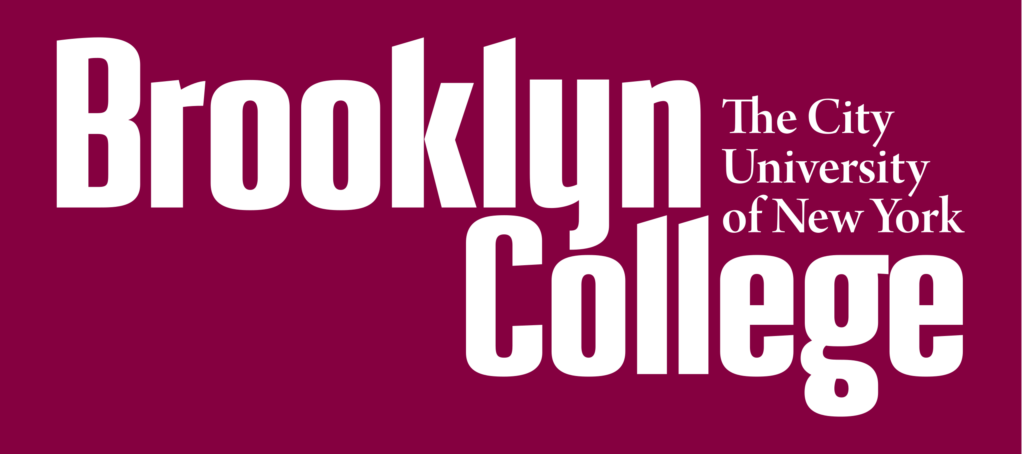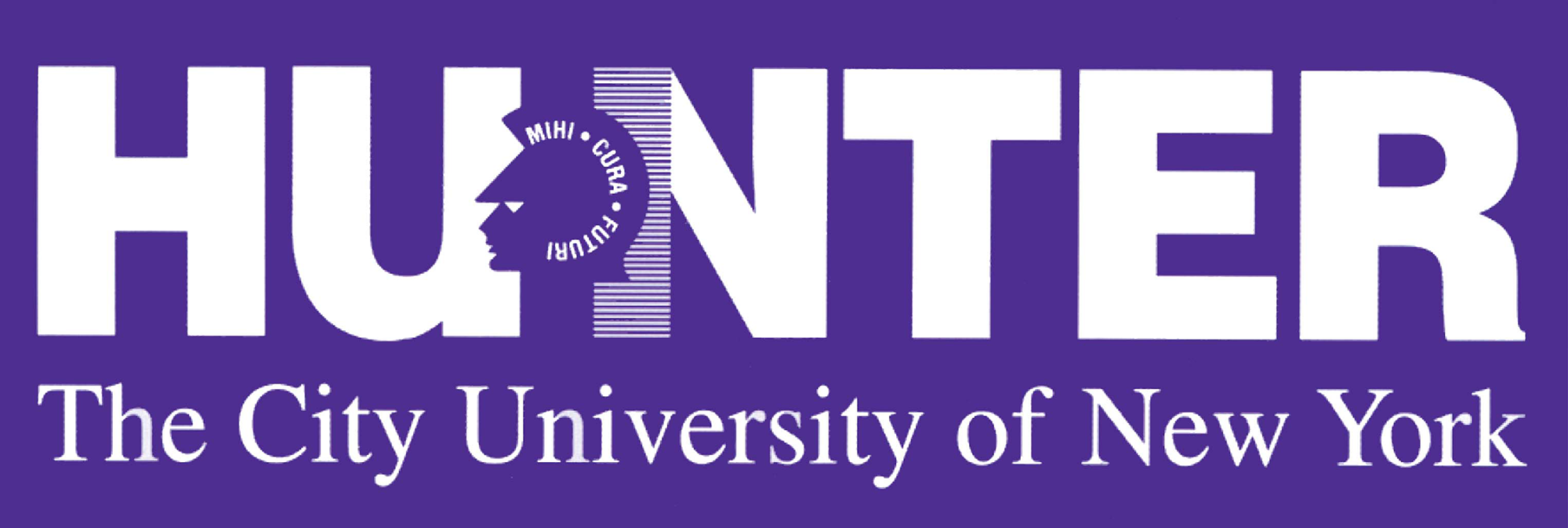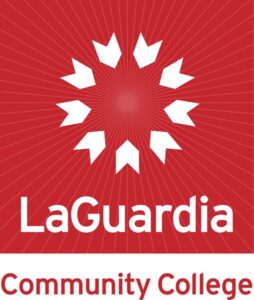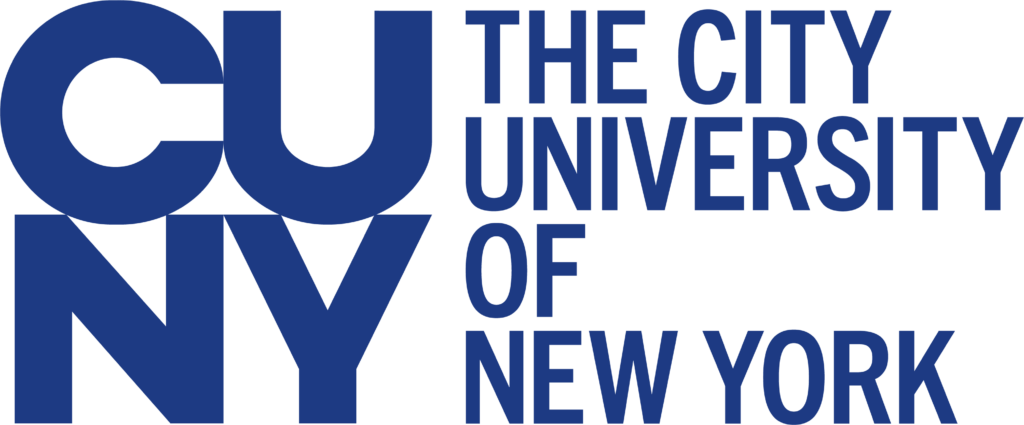The CUNY CITE project is dedicated to funding research projects that help further our understanding of how we can fit computing education into preparing the next generation of teachers. Below are the projects we’ve funded among our partner colleges in the 2023-24 funding cycle.

It’s Not Just “Doing Technology” in the Classroom: Embedding Computational Thinking into the “Grammar of Schooling”
Ryan W. Coughlan, Yolanda Medina, Cara Kronen
The Higher Education Administration Program at Baruch College and the Teacher Education Department of the Borough of Manhattan Community College (BMCC) are conducting a joint research project that seeks to better understand how to support a paradigm shift in instructional practices in a postsecondary teacher training program with the intent of advancing a related pedagogical reform in N-12 schools. In recent years, some teacher training programs have been working to prepare teacher candidates to integrate computational thinking strategies into their pedagogical toolbox. Advancing a new pedagogical practice such as this requires a shift among teacher education faculty. Using guided reflections and focus groups with teacher education faculty as well as content analysis of course syllabi, this research seeks new knowledge about approaches to advancing curricular change in teacher training programs, particularly as it relates to preparing teachers to implement computational thinking (CT) strategies in N-12 settings.

Developing a Critical Understanding of Language Ideologies and Curriculum Through the Integration of Digital and Computational Practices in Teacher Education
Jessica Velez-Tello, Veronica Paredes
This study aims to investigate teacher candidates’ emerging language ideologies and curricular decision-making processes, using the CITE artifact the PI and Co-PI collaborated on during CITE’s Summer 2023 PD. This artifact allows 1) TCs to explicitly learn about computational and digital literacies through unplugged and plugged activities and 2) TCs to engage with language ideologies throughout the course and its intersections with the equity and design (informed by Equitable CITE Praxis) as they create artifacts that support linguistically diverse students. The research will take place in a new course aimed to give teacher candidates the knowledge and experience to critically understand language so that they can then holistically support emergent bilinguals across diverse monolingual or bilingual settings.

Exploring Computational Programming Concepts with Prospective Mathematics Teachers in Octostudio
Nadia S. Kennedy, Boyan Kostadinov, Ariane M. Masuda
The purpose of this study is multifold:
- the researchers involved in this study will engage in exploring the capabilities of the newly released OctoStudio, developed by MIT Media Lab, to introduce prospective mathematics teachers to computational thinking (CT) concepts and programming fundamentals;
- the researchers will design learning modules to integrate into a mathematics education course. The modules will be designed with the purpose of introducing the prospective teachers to CT concepts (e.g., for and while loops) in the context of OctoStudio. They will leverage this knowledge to explore mathematical concepts through the development of creative multimedia projects, using a mobile device.
- the learning modules will be implemented in a mathematics education course (MEDU 1010 or MEDU 1021 in Fall 2024), and if time permits the implementation will be repeated in Spring 2025. Prospective teachers will produce projects designed for engaging P-12 students with OctoStudio in the context of mathematics learning.
- the researchers will collect and study prospective teachers’ products, and
- will explore their understanding of OctoStudio and of the manner of its integration into a mathematics design task for P-12 students.
- they will explore prospective teachers’ perceptions of the integration process and reflect on its potential for promoting equitable and culturally responsive pedagogy.
We plan to align this work with our strategic planning for integration of CT into mathematics teacher education at City Tech. So far, we have developed learning modules on CT through data analysis with CODAP and computational modeling with R. We believe OctoStudio offers an appropriate and attractive block-based platform for introducing CT and introductory programming concepts before a transition to text-based programming in Python or R.

Equitable Integration: Examining Teacher Candidates’ Self-Efficacy, Cultural Responsiveness, and Technology Proficiency
Rebecca Curinga, Ting Yuan, Marta Cabral, Stephanie Schmier, Judit Kerekes
Technology is pivotal in shaping student and educator experiences. This research explores the integration of technology, focusing on teacher candidates’ self-efficacy, cultural responsiveness, and technology proficiency. Building on prior research linking technology experience with culturally responsive teaching, the study addresses the gaps in preparedness of teacher candidates at the College of Staten Island (CSI) in harnessing technology’s potential. CSI’s diverse student population highlights the importance of addressing systemic disadvantages and limited access to technology among minoritized groups, while measuring self-efficacy targets teacher candidates’ confidence with and willingness to try new approaches. The study employs a mixed-methods design, combining quantitative surveys and qualitative interviews with current and former teacher candidates and building leaders from CSI. The research aligns with CITE team goals, contributing to equitable, interdisciplinary teaching practices. Findings will guide strategic planning, curriculum development, and targeted professional development, addressing gaps in technology proficiency between programs, and prior experience.
***
Exploring Teacher Perceptions of Artificial Intelligence as a Tool to Support Teaching and Learning in P-12 Classrooms
Ting Yuan, Steven Azeka
Drawing on both qualitative and quantitative data collected during a summer program in computer science education for teachers, the study focuses on exploring PreK-12 teacher perceptions of Artificial Intelligence (AI) as a teaching and learning tool for curricular integration. Guided by a framework of culturally relevant pedagogy and culturally responsive computing, the researchers seek to contextualize the results of the study toward equity-based, meaningful computing practices for pre-service and in-service teacher education. Findings of the study will address the learning needs of teacher participants, the challenges they faces, as well as the relationship between their perceptions on AI integration and factors influencing their usage through course experiences. Findings will further contribute to a deeper understanding of pedagogies employed in utilizing AI for expanding learning spaces in PreK-20 education.

Turning up the Volume on Teacher Candidates’ Voice and Teaching Experiences: Integrating Digital Equitable Practices in Multiprogram Clinical Preparation
Christine Rosalia, Maria Mavrides, Alfonso Pérez, Dominika McPartland, Sean Turner, Virginia Gryta
Our goal is to inform our clinical preparation with teacher candidate perspectives on their computational thinking, and digital equitable literacies (CTDL) practices in a two-phased project. We utilize mixed-methods research and follow an iterative educational design approach that actively centers teacher candidates’ voices in curriculum mapping. Therefore, phase one involves refining and implementing artifacts that promote CTDL across different departments and gathering data on teacher candidates’ experiences, perceptions, and self-efficacy toward CTDL in coursework. In phase two we continue our “listening tour” but this time through workshops and a fair where teacher candidates explore artifacts and gain hands-on understanding of CTDL in playful environments, outside of course work or summative assessment. Outcomes will include refined artifacts, a practitioner-friendly literature review, and better integration of CTDL in teacher candidate graduation assessment from teacher candidates’ points of view. We want student voice data to inform larger CITE goals at Hunter.

Using Data to Inform Computing and Digital Literacy Integration Across a Community College Teacher Education Program
Laura Scheiber, Joanna Maulbeck
The goal of this research project is to study how an urban education program at a community college develops and implements equitable computing integration across its teacher education program. Grounded in findings from a literature review on computer and digital literacy frameworks specific to teacher education programs with a focus on equity, and feedback from students and faculty members who participate in KCC’s Education Program Makerspace discovery sessions, we anticipate the data from this research to drive the development of the KCC Education Program as it pertains to CITE. We also aim to create a playbook that offers insights for other teacher education programs to learn from this journey.

Identifying Personal and Professional Factors that Affect How Faculty Experience and Integrate Technology in Their Pre-Service Classrooms
Maria Savva, Caterina Almendral
This qualitative study draws on interviews from ten faculty members working in minority-serving institutions who participated in the Computing Integrated Teacher Education (CITE) project. It explores technology-use in their personal and professional lives and its relationship (if any) to how technology integration was implemented and perceived by them in their pre-service classrooms. Included in this exploration are attitudes related to receptivity but also resistance to technology in teacher-education. An additional layer of equity and the specific challenges teacher-educators working in minority-serving institutions face is also explored. The study provides a window into how fast changing technology takes shape in education institutions that may be comparatively slow to respond.

Constructing a Teaching Identity that Centers a Multilingual Stance Using Digital Literacies
Melissa Garcia, Jennifer Collett, Atasi Das, Nancy Dubetz, Cecilia Espinosa, Yasmin Morales-Alexander, Andrea Zakin
The Early Childhood and Childhood (ECCE) department serves the needs of the urban school setting, primarily in the New York City Bronx Borough, yet also extending to Yonkers, Lower Westchester, and Upper Manhattan. Prospective teachers and practicing teachers who are students in the ECCE Department are diverse, and many of them are bilingual. Most of our ECCE teacher candidates, as well as the classroom students they will impact, are multilingual learners. Some of the additional languages students speak are Spanish, Bengla, Twi, Albanian, Soninke, etc. The purpose of this project is to advance our research participation through a department study group that will focus on how our coursework integrates computational thinking (CT) to build knowledge on how to support diverse teacher candidates and practicing teachers in learning about digital literacies in how they integrate CT as they work with multilingual learners
This group will use Collaborative Descriptive Inquiry (CDI) in order to support Early Childhood and Childhood Bilingual TCs becoming familiar with how to take an inquiry stance toward their own study of digital literacies. Faculty and staff participants will be introduced to this methodology and stance and will gain additional knowledge as they participate in the study group. Technology and computational thinking have historically amplified “a dominant white, English-speaking, Eurocentric norm” (“Equitable Cite Pedagogy: Putting It Into Praxis” on Manifold @CUNY). This proposed research study aims to center and highlight a multilingual educator’s voice and perspective. In this way, the ECCE faculty involved in CITE will support aligning the ECCE program and Lehman School of Education’s vision and mission statement with Computing-Integrated Teacher Education.

Developing Elementary Pre-Service Teachers’ Ability to Implement High-Quality Mathematics Instruction Through Computational Thinking
Grace Pai, Michael Perrone
This study explores the application of computational thinking as a framework of strategies that can 1) help teacher candidates attend to their students’ mathematical practices in their field placements and 2) help their students solve complex mathematics problems. Drawing on field placement artifacts (e.g. lesson plans, observations, reflections), surveys, and interviews, we investigate how a cohort of pre-service teachers explicitly and/or implicitly apply computational thinking to their lesson planning and mathematics instruction, particularly to help elementary learners achieve the standards for mathematical practice. Furthermore, we study how integrating CT practices in their mathematics instruction enables or constrains pre-service teachers from enacting culturally responsive and sustaining education. As math is a cornerstone of elementary education, this project bolsters our college’s teacher education program by developing teacher candidates’ ability to comprehensively implement equitable computing pedagogies for elementary learners across the curriculum, including the key content area of math.
***
Teacher Education Graduates’ Perspectives on Learning Computational & Digital Literacies in a Redesigned Educational Technology Course: From Classroom to Practice
Michelle Fraboni
Piloted during the 2023 academic year, a redesigned educational technology course for preservice teachers utilized equitable pedagogies to teach about, with, through, and against technology. Using a survey and interviews, this project aims to:
- Learn from recent graduates about their experiences learning about computational and digital literacies (CDLs) and how prepared they feel to implement them in elementary classrooms.
- Investigate whether they have retained their knowledge and self-efficacy beliefs about integrating CDLs for learning.
- Learn how they utilize their CDL knowledge in elementary classrooms and any challenges or barriers they have faced in implementing CDL practices in the field.
By understanding the learning experiences of recent graduates and identifying barriers they have encountered trying to enact CDLs in practice, we can empower preservice and new teachers to implement these practices with their students and encourage them to serve as role models for preservice teachers and in-service teachers in the field.

“Working Group C” — A Cross-Campus Collaboration
Marta Cabral, Line Saint-Hilaire, Michelle Fraboni, Nadia S. Kennedy
Following our investigation of CITE faculty beliefs and values around Computational and Digital Literacies (CDL) as part of CITE’s Working Group C last Spring, we recognized the need also to understand if and how teacher candidates adopt these values. This study focuses on exploring the impact of faculty’s implementation of CDLs in teacher education classrooms on the understanding and attitudes of preservice teachers towards CDLs, as well as the extent to which they take up their instructors’ beliefs and values regarding CDLs.
In considering the “lived learning experiences” of preservice teachers, our exploration considers a number of aspects articulated in the CITE Equity Framework, including how CITE faculty have engaged teacher candidates about, with, through, and against technology and how those lenses address CITE’s goals around empowering learners, promoting joyful, meaningful learning, and implementing design approaches that put learners in a position to express, tinker, create, allow for self-reflection and awareness. The findings of this study will provide insight into how faculty’s CDL beliefs and practices impact PSTs’ perception and attitudes towards CDLs, as well as how these newfound understandings influence their teaching practices.

